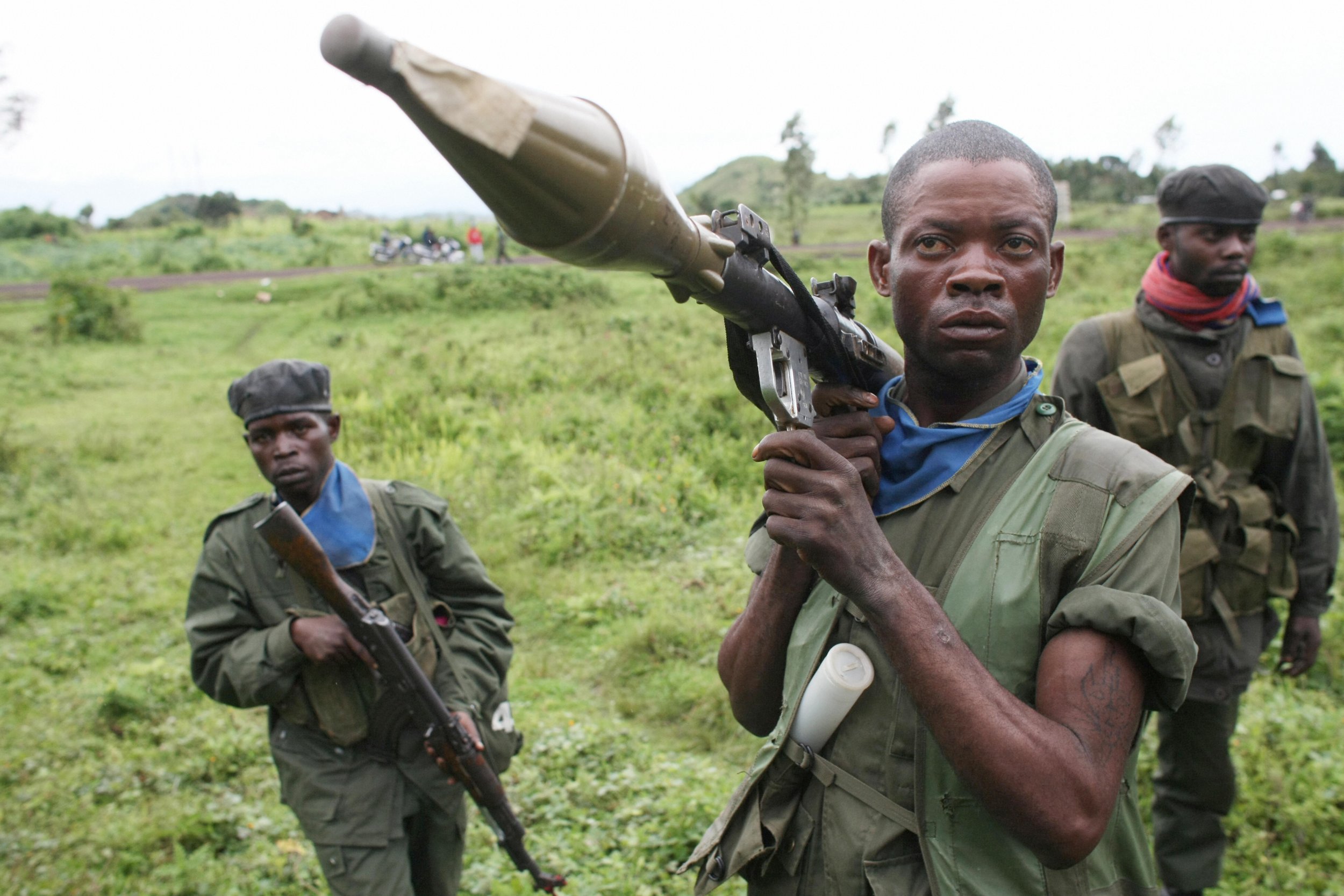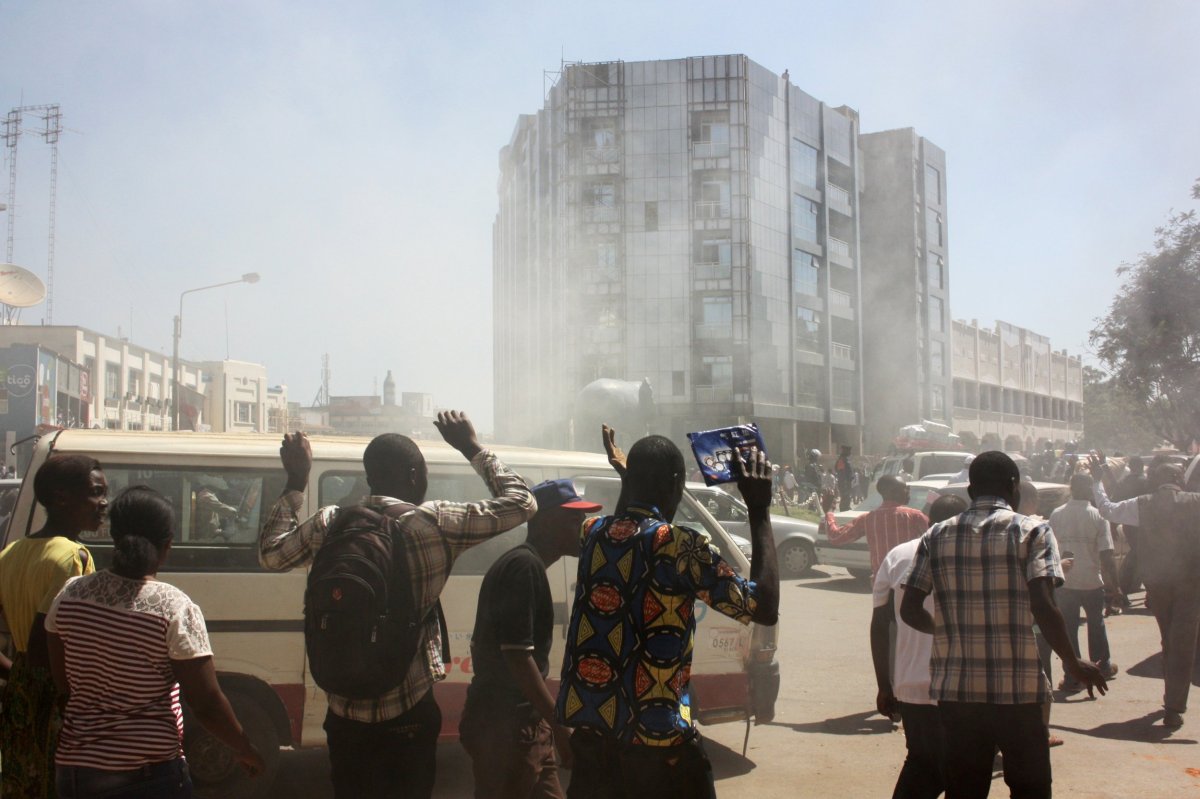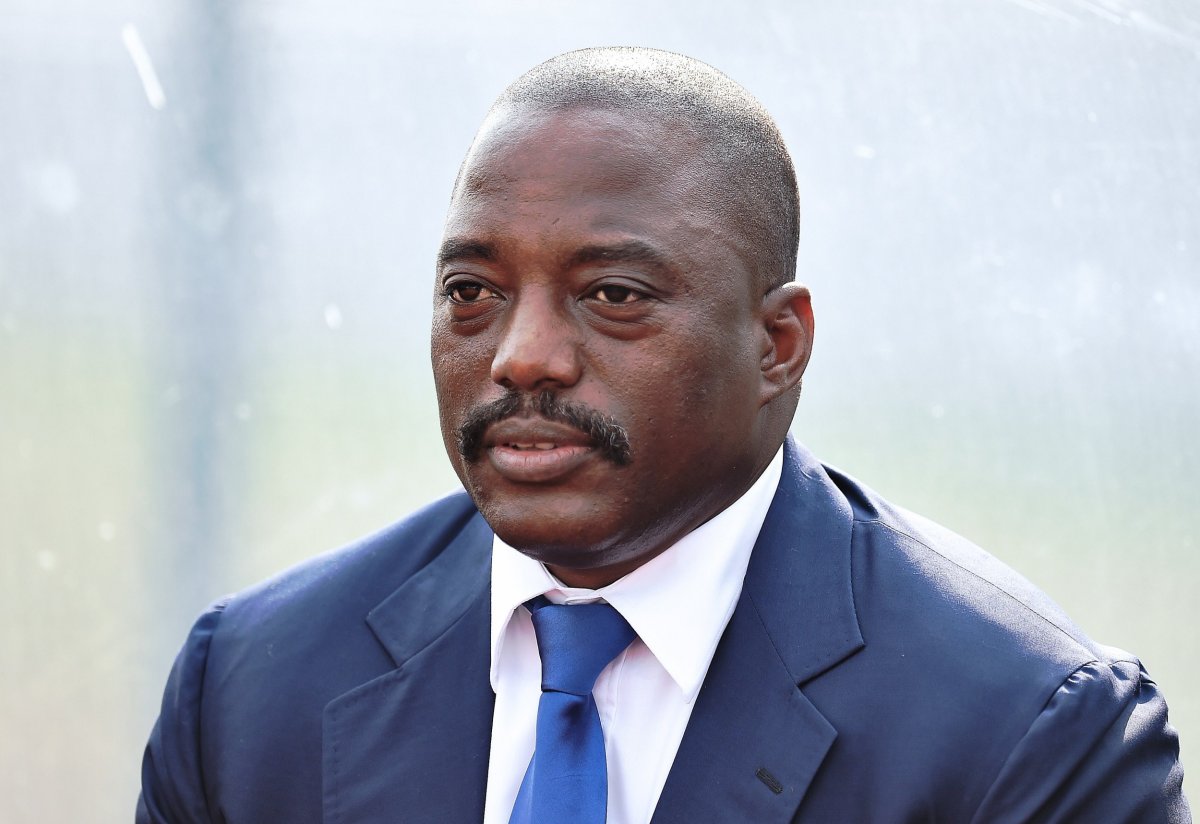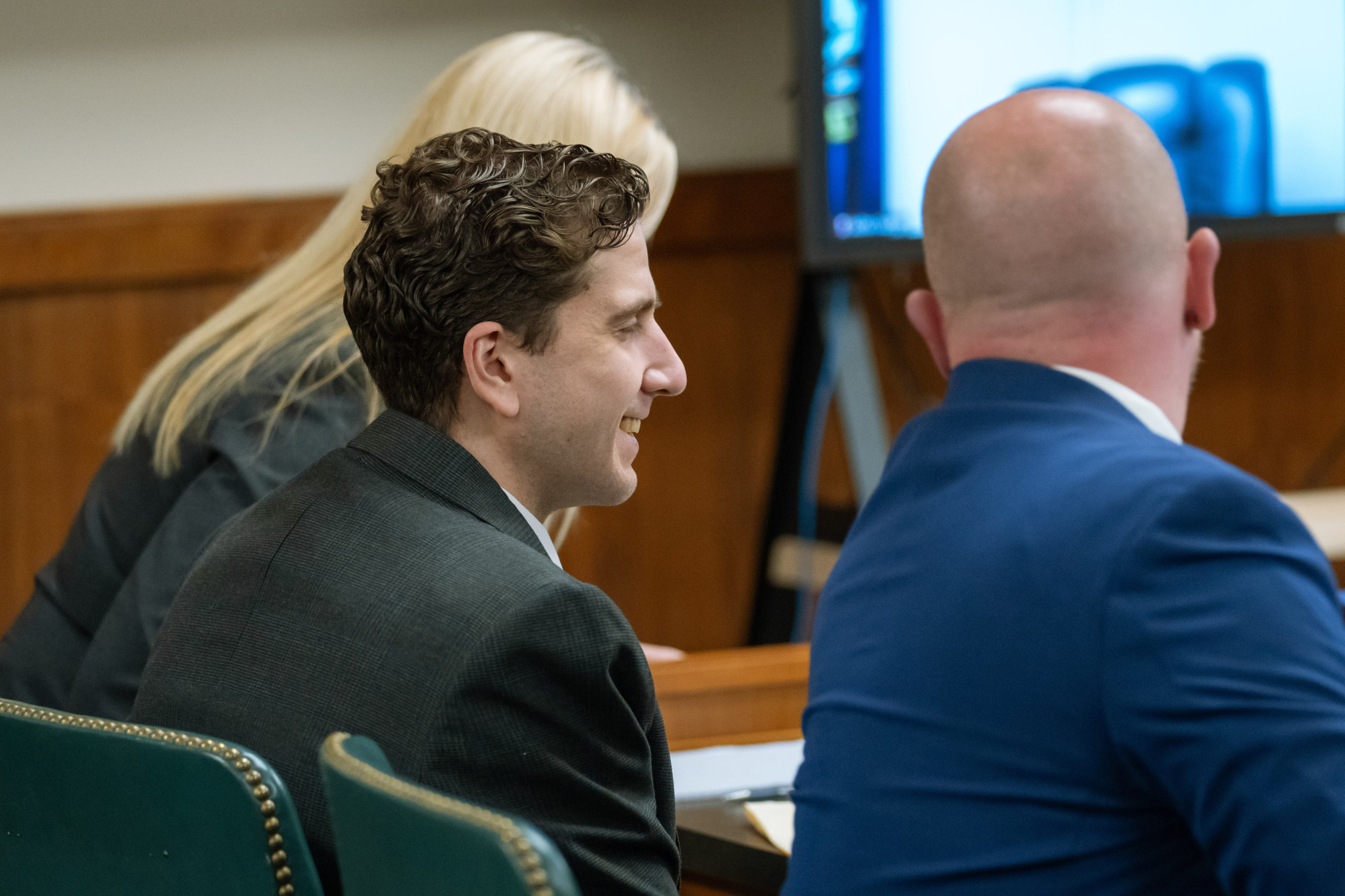
Storm clouds are gathering over Democratic Republic of Congo (DRC) once again. Elections due in 2016 are now almost certain not to happen. A political crisis is looming, and Congo's already tattered post-war constitution will be put under even greater strain—particularly if President Joseph Kabila reaches the end of his final mandate, in December, without a replacement elected. A confusing series of political dialogues is ongoing, but no resolution seems imminent. DRC's elite is sleepwalking towards a cliff edge.
Violence is already spiking in the volatile Eastern Congo, which is still awash with weapons and armed groups. An entrenched national leadership is indulging in heavy-handed harassment of political opponents, such as presidential aspirant Moise Katumbi, who has been arrested on charges of recruiting U.S. mercenaries into his private security, which he denies. And—perhaps most importantly—anger simmers among an impoverished and disenfranchised population. Neighbouring Burundi is caught in a deep post-electoral crisis that threatens a resumption of civil war—some 300,000 people were killed in a 12-year civil war in the country between 1993 and 2005—and the conflict may spill over its border. Given DRC's recent history, of two enormously destructive regional wars, local violence and vast humanitarian suffering, it is unsurprising that fears of large-scale unrest, even renewed conflict, are growing here too.
These fears may be misplaced, at least in the short-term. The first reason to think so is the self-interest of DRC's elite, both government and opposition-aligned. Though they maneuver hard for position and profit among themselves, the game of politics is trumped by a common fear of the system falling over entirely—Kinshasa's byzantine factions are perhaps united only by a fear that the teeming streets will, one day, wake up.
The upshot of this is that while the opposition will certainly make apocalyptic predictions as the constitutional cliff edge gets closer and use the energy of mounting crisis to fuel their personal ambitions, they may ultimately back away from a final confrontation—accept a deal, compromise or further delay rather than risk tearing down the edifice of elite privilege that has shaped DRC for generations. The gun is loaded, but no one will pull the trigger.

And even if they did call for all-out protest, it is very possible that no-one would listen. Trust in politicians of all persuasions is very low indeed, cynicism that extends well beyond traditional political parties. Civil society is seen as heavily politicized, a route into the elite rather than a voice for the people. Religious leaders have enormous influence, but are also to some extent politically compromised, viewed as part of the system rather than above it.
There is also no middle class able to sustain protest. The majority don't have the luxury of thinking beyond the next meal for their family. The few that do are themselves tied into webs of reciprocal relationships that mitigate against change. A short, sharp jolt of urban violence is very likely, but unless it were sustained, the elite would simply ride it out behind their compound walls. Many still remember the pillages of the early 1990s, when rioting soldiers triggered widespread looting. The cost was felt by small traders and ordinary Congolese, and had little political impact.
Indeed, the 1990s may provide a useful parallel for today's uncertainties, particularly the long, slow implosion of Mobutu Sese Seko's Zaire—which was renamed DRC in 1997 when Laurent-Desire Kabila, the current leader's father, took over as president—through the first half of the decade. Then, as now, the country was blighted by corruption, dysfunctional and tangled in an endless series of political dialogues. But despite hyperinflation, an army that had all but ceased to exist, and deep popular frustration, the Mobutu regime was allowed to stagger on for seven years after the introduction of multi-party politics.
And, in the end, it was not a Congolese hand that administered the coup de grace. Instead, it was regional powers, tired of Zaire's territory being used as sanctuary by their enemies—chief among them the remnants of the forces that carried out Rwanda's 1994 genocide —that pulled the trigger, invading Zaire in 1996 in support of a short-lived alliance of Mobutu's opponents. Rwandan and Ugandan forces walked clear across the country in a few months, Mobutu fled to exile, and Laurent-Desire Kabila was installed.

It seems extremely unlikely that the region will intervene again, at least in the current climate. The era of proxy wars in the Great Lakes seems over. Regional heavyweights—Angola and South Africa—want stability in DRC above all, and have proved willing to back this with diplomatic and military resources. The antagonists of the last wars—Rwanda and Uganda—have been badly burned by previous interventions in DRC, and are in any case now looking increasingly to East Africa for their economic and political futures. None of DRC's other neighbours have the will and capacity to get involved. And, without external sponsorship, any new armed opposition to the Kinshasa government that emerges is liable to simply get swamped by DRC's overwhelming geography, lost in the forests of the Congo basin.
Of course, many things have changed since the 1990s. Kinshasa is now a megacity, possibly with as many as 12 million inhabitants—there has been no census since 1984, so no one knows for sure. People, notably the young, are both networked and globally connected. It is possible a new breed of opposition will emerge, almost certainly from the urban youth demographic, that rejects old hierarchies and traditional politics alike. When this might crystallize, and what form it might take, is almost impossible to predict. It seems unlikely to be this year. So, though DRC may look unstable, it is hard to see how generalized—and entirely justified—popular fury will be translated into a coherent national push for change, either internal or external. As in the 1990s, it is possible that rather than coming to a dramatic head, Congo's politics will remain locked into a perpetual, slow-burning crisis of legitimacy, perhaps for years to come.
Ben Shepherd is Consulting Fellow on the Africa Program at Chatham House and a specialist in the Great Lakes region.
Uncommon Knowledge
Newsweek is committed to challenging conventional wisdom and finding connections in the search for common ground.
Newsweek is committed to challenging conventional wisdom and finding connections in the search for common ground.
About the writer
To read how Newsweek uses AI as a newsroom tool, Click here.








